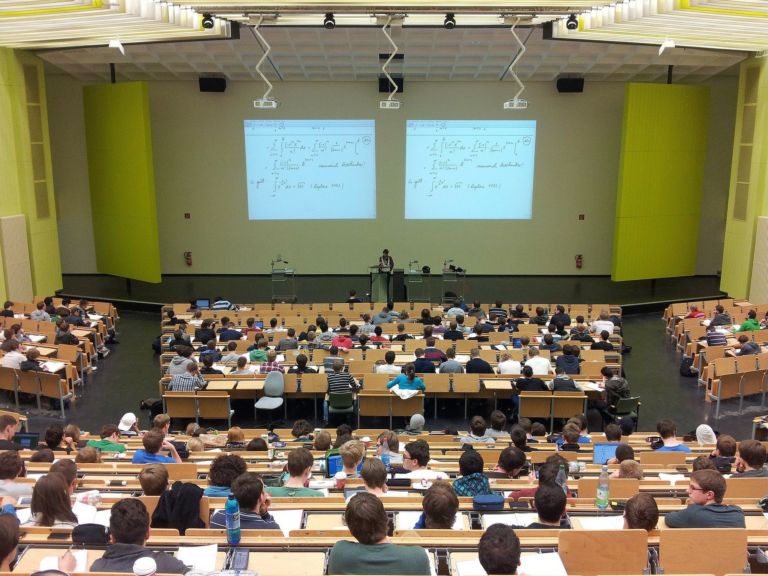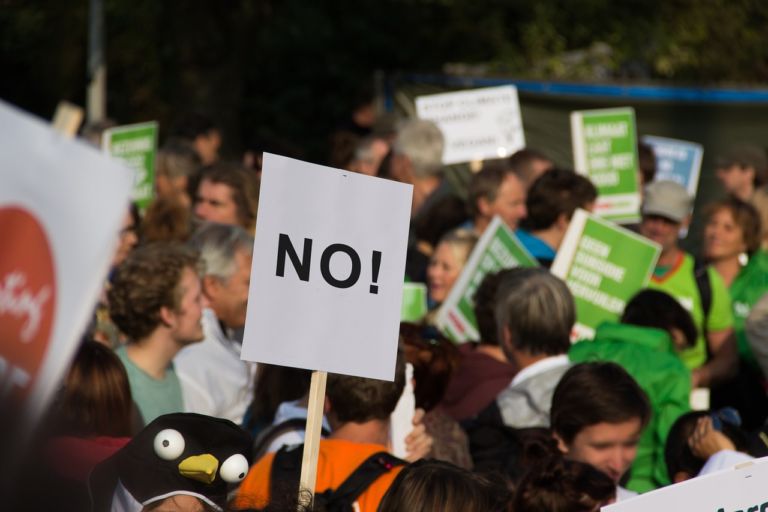Vahaken Mouradian writes for National Review Online about academics’ response to the campus controversy over Hamas’ attack on Israel.
It shouldn’t be surprising, now, that a pair of academics think that the “toxic discourse” on American colleges regarding Hamas’s renewed declaration of war against Jewry demonstrates that we need to make heavier use of the purifying powers of the academic webinar.
“Universities can help,” is the earnest declaration in the New York Times of professors and deans Amaney Jamal and Keren Yarhi-Milo of Princeton, made in good faith, which is more than can be granted to others who have publicly graced the “discourse” since the first Saturday of this month. But I’m sorry: We’ve already had the universities’ help. Student clubs hurried — while the embers of razed houses in the Be’eri kibbutz still glowed — to bark that Israel had forced Hamas’s hand, the loudest noises coming from the campus of Ralph Bunche: the civil-rights activist and arguably the American most closely involved in the creation of the State of Israel. Members of the professoriate, meanwhile, have mostly kept quiet, and having heard some of those who have piped up, we now wish more of them had chosen silence. Intellectual modesty might have compelled them to, especially when confronted with a fulminant world event, but for their apparent conviction that, simply because we have institutions of higher learning, their expositions are highly learned and we urgently need them.
The deans prescribe against the curse of college fanaticism the same semi-scholarly collegiate politicking that has conjured it. Sober, dispassionate, and rigorous reasoning, a feature of the academy at its best, takes skill and time; commentary on political exigencies doesn’t require the first and cannot afford the second, … and most campus denizens, being students, have patience for neither.
Jamal and Yarhi-Milo are right that the answers to difficult questions cannot be attempted on a placard. They cannot be heard in slogans either, which makes me wonder why the professor-deans try to soften the menace of one of them.


